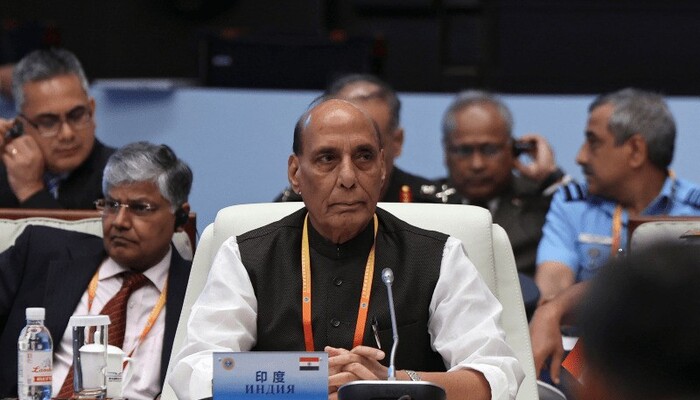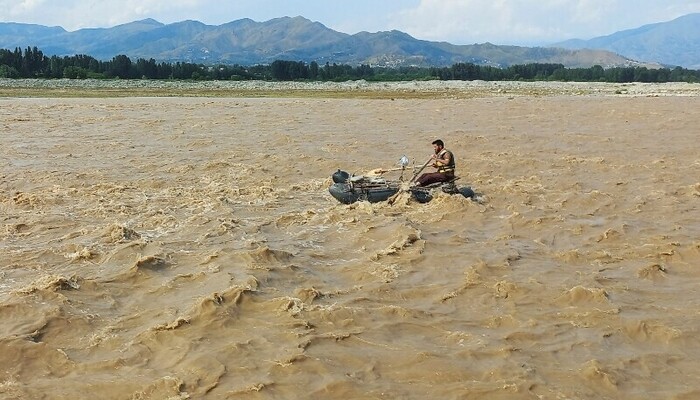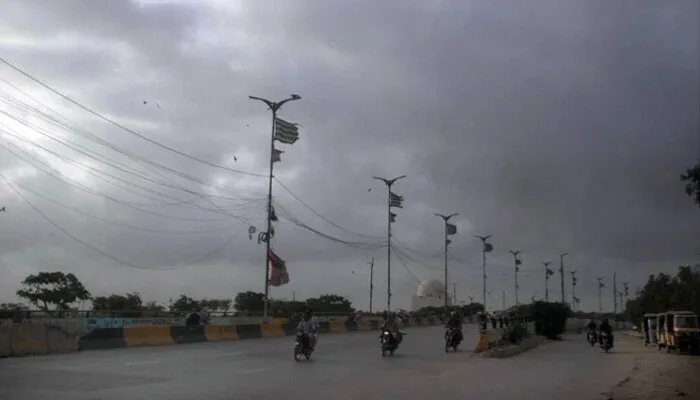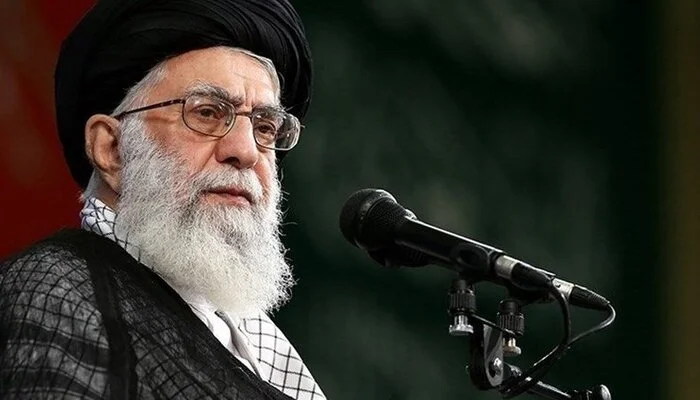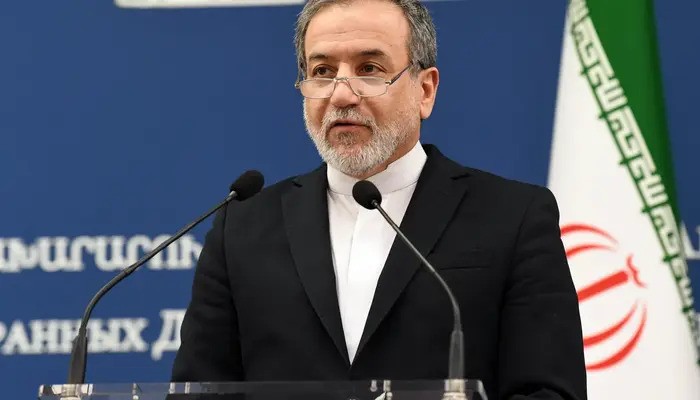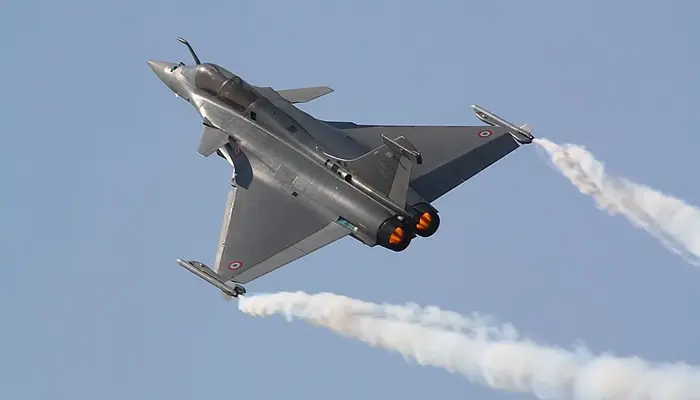
The guns have fallen silent. But the failure still echoes across New Delhi. After weeks of threats, airspace violations, and diplomatic bluster, India accepted a ceasefire — without gaining anything concrete. For Prime Minister Narendra Modi’s government, this is more than a tactical pause. It’s a symbolic setback.
France, Israel, and Russia: Disappointed Allies
France is among the most disillusioned. The Rafale jets, long sold as unbeatable war machines, failed to impress. Indian pilots did not demonstrate elite performance. The jets never took off in real combat and lost their aura of invincibility.
Israel has reasons to worry too. Its Harop drones, once considered cutting-edge, were downed repeatedly. These drones looked more like clay pigeons than battlefield assets. The damage to Israel’s arms reputation is undeniable.
Russia also faces embarrassment. Its S-400 missile defense system failed to block key strikes. The much-hyped shield did not live up to expectations. Years of marketing and deals now stand questioned.
And then there’s the United States. Washington invested heavily in building India as a strategic counterweight to China. But the reality of India’s military readiness has disappointed. The US must now reassess its assumptions. Even Western weapons — long viewed as superior — were neutralized by Chinese-made J-10 jets and Pakistani missiles.
Pakistan: A Rare Moment of Strategic Clarity
Unlike India, Pakistan comes out stronger from the crisis. It maintained restraint, responded effectively, and revealed its preparedness. But this advantage must lead to policy reform — not just celebration.
One urgent area is the Indus Waters Treaty. During the conflict, water security resurfaced as a major issue. Yet, the ceasefire closed the pressure window — for now.
Pakistan cannot wait for the next crisis. It must act now, diplomatically and legally. Bilateral talks with India have failed before. Pakistan should lead a coalition of lower riparian states to demand equitable water sharing. Other nations along the Nile and Ganges face similar upstream manipulation.
International Law Is On Pakistan’s Side
The Madrid Declaration of 1911 says no state can alter a shared river to harm another. The Montevideo Declaration of 1933 warns against exploitative use of water. The Helsinki Rules of 1966 go further, giving all basin states a fair share.
The 1997 UN Convention on International Watercourses supports these views. It says people living along the river have first claim. No country can divert water to the harm of others without agreement.
India, as the upper riparian, cannot legally cut or block water flow to Pakistan. But it continues to build dams and manipulate rivers in violation of the treaty and global law.
Climate Crisis Adds New Danger
Glaciers in Kashmir feed the Indus basin. Rapid melt is shrinking these glaciers. India’s unregulated activity is worsening this trend. The result? Reduced water flow, environmental risks, and more tension.
Pakistan must push for a regional environmental pact. This should include joint data sharing and a plan to slow glacial melt. Ignoring this will mean disaster — not just for Pakistan, but for the whole region.
Read: Pakistan Stock Exchange Extends Record-Breaking Rally, Surges Past 120,000 Mark
Reframing the Security Narrative
Pakistan must also address global perceptions. Since 2015, the composite dialogue with India has stalled. Restarting talks is vital — not as a favor to Delhi, but to counter the narrative that links Pakistan with terrorism.
At the same time, Pakistan must declare its right to respond to aggression. If India claims preemptive strike rights, so can Pakistan. Operation Bunyanun Marsoos showed that deterrence lies in strength — not just defense.
Conclusion: A Strategic Turning Point
Pakistan has lost much over the decades — lives, money, and reputation. That chapter must end. Now is the time to shift from reacting to crises toward shaping regional strategy with clarity and confidence.
The latest flare-up has created a unique opportunity. To seize it, Pakistan must look beyond military wins. It must adopt a long-term vision — one rooted in law, diplomacy, and smart security.
History rewards nations that pair restraint with resolve. It’s time Pakistan became one of them.
Follow us on Google News, Instagram, YouTube, Facebook,Whats App, and TikTok for latest updates






